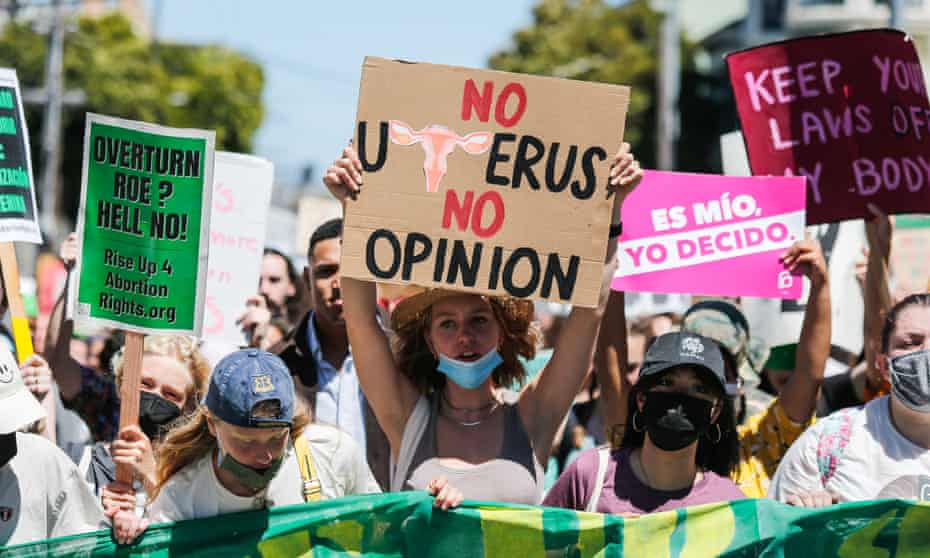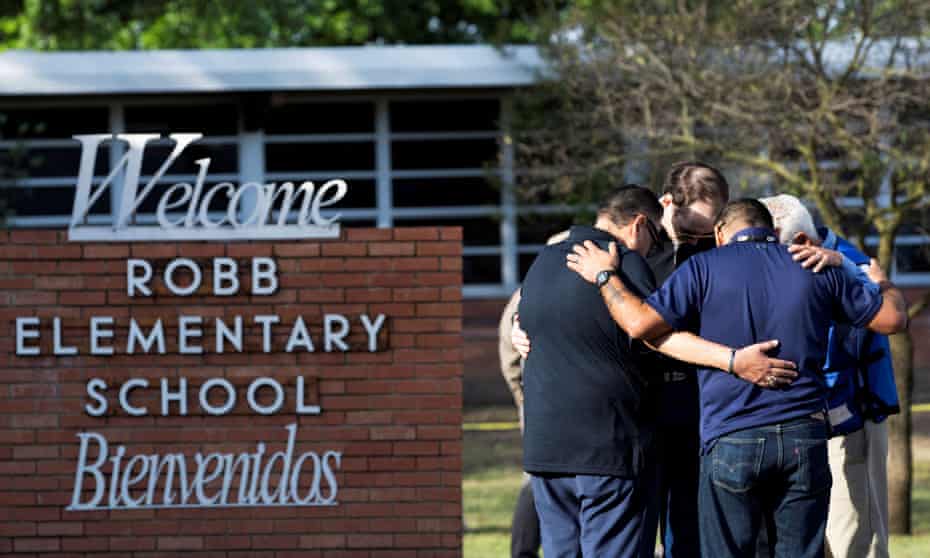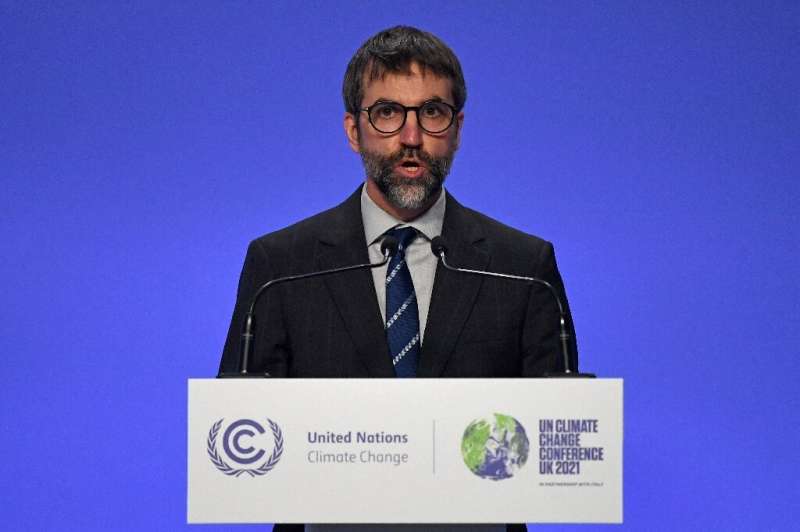Basically the war on drugs, this police centric approach, has been an utter failure.
Lucie AUBOURG
Wed, June 8, 2022,

In 2020, the death rate from drug overdose among Black people surpassed that of white people in the United States for the first time since 1999, according to a study published this year.
Its author, Joseph Friedman, a researcher at UCLA University in California, details for AFP the reasons for this recent shift.
- What were the different waves of opioid overdoses in the United States? -
The first wave was overdoses coming from prescription opioids that were essentially provided to the population through the healthcare system ... And then, as the US started to cut back heavily on prescription opioid access, a lot of people started using heroin.
That was associated with a large increase in overdose deaths because people are moving from a less dangerous to a more dangerous form of opioids ... And then the third wave is the shift to illicit fentanyl.
And here is where the US really kind of became an extreme global outlier in terms of overdose. Because illicit fentanyls are potentially several hundred times more potent than heroin by weight.
And the fourth wave is what we're seeing very recently, which is a huge increase in polysubstances, which means: basically people are using fentanyls but they're also mixing them with many different kinds of other substances. Some of this is intentional and much of this is unintentional.
- Why did you start studying racial inequalities in drug overdoses? -

There's been this narrative, a very powerful kind of cultural narrative in the US, historically, over the past like 10 or 15 years, that addiction and overdose was a quote unquote, white problem.
And this is something that I have written about critiquing.
It's true that during the first wave of the overdose crisis, white overdose death rates were higher than Black overdose deaths rates. In 2010, they were actually double, so approximately twice as high.
But that has really shifted. Basically after the first wave, we've seen overdose deaths rise faster among Black individuals than white individuals.
So basically, the only time where it was true that white communities were disproportionately affected was because of prescription opioids.
The roots of that are complex, but it's pretty clear that that relates to the deep-seated structural racism in the healthcare system, that actually really denies access to controlled substances to people of color.
- What is the situation today? -
Black communities are disproportionately affected by the shift of fentanyls. For the first time since the 1990s, the Black overdose death rate overtook the white overdose death rate in 2020.
The goals of overdose prevention now really align with the goals of racial justice movements.
There's really good evidence that fentanyl has made incarceration a very potent risk factor for overdose death. Immediately after people are released from prison, there's a huge spike in the risk of overdose death.
Combined with mass incarceration of Black communities, which we know is a big problem in the US, this is one of the key driving factors.
With the drug supply becoming so dangerous, it requires a lot of resources to stay safe. Access to health care, access to substance use treatments, access to harm reduction, housing, employment... all of these things give stability.
And so inequalities in these root conditions are, I think driving inequalities in overdose now.
People of every racial group use drugs. That's just a fact of life. Who dies from them is dictated by access to resources and cultural patterns, and there are deep-seated inequalities in terms of the resources that people need to stay safe.
- What do you think the answer should be? -
Basically the war on drugs, this police centric approach, has been an utter failure.
Our overdose death rates are something like three times higher than the second worst country, and they're over 20 times the average.
We have the worst drug overdose death rate in recorded history. There's never been anything even close to what we're experiencing right now.
We would need really, really profound restructuring of the way society spends money on drugs to actually make a difference here.
Harm reduction is an important solution, but it is not getting at the root issues here.
Which is access to treatments, and making the drug supply safer.
In Europe, in many places there's just heroin prescription programs. That's the kind of stability that helps people overcome substance use disorder.
la/st/md

Lorando Duncan wears long-sleeved shirts because his arms bear scars he doesn't like to show: those of the drugs he has been injecting into his veins for decades.
Born in the US capital Washington 65 years ago, the slender African American has been using heroin almost all his adult life.
But the advent of fentanyl, an ultra-powerful and addictive synthetic opioid, changed everything.
"Fentanyl killed a lot of my friends," he tells AFP beneath a picture of America's first Black vice president, Kamala Harris, that he has hung in his apartment in Anacostia, one of the poorest neighborhoods in the city.
"Almost every two weeks, I hear about somebody overdosing on fentanyl."
He fears he will be next. "I need to stop... because eventually I'm going to kill myself. And I know it."
Fentanyl -- sold in powder form and cheap to manufacture, so often used as an additive in other drugs such as heroin -- began flooding the market in 2014.
In 2021, 426 people died of opioid overdoses in Washington -- five times as many as in 2014. Of them, 95 percent were fentanyl-related, and 85 percent were Black people. Like Lorando, the majority were between 50 and 69 years old.

Heroin users have been at the forefront of this "poisoning" of supply, as experts call it.
"One day I bought some drug from a guy I know, but I didn't know it was fentanyl," says Lorando, a former prisoner now living on disability benefits.
He passed out, he says, falling on his hip. Now he walks with a cane.
"When I fell, it was day, and when I woke up, it was nighttime. God woke me up this day," he says.
But now he takes fentanyl up to three times a day to feel "normal" and avoid the illness and nausea of withdrawal.
"Now they use fentanyl to cut heroin. So you basically gonna get fentanyl in everything you buy. Everybody uses fentanyl to cut the dope. Make it potent," he says.
The problem, he adds, is that users never know what they are going to get. "You're playing Russian roulette."
- Building trust -
In Washington, long dubbed "Chocolate City" because of its large African American population, Black people were already dying from overdoses at twice the rate of white people in 2010, according to one study.
By 2019, it was 10 times more. For both periods, this disparity was higher than in any state in the country. Experts say one reason is because of how much more vulnerable Black people are -- lower income, less likely to own a home, less likely to have access to resources that can keep them stable and supported.

A few grassroots organizations are doing their best to combat the ravages of the drugs.
Tyrone Pinkney has been working for one of them, the Family and Medical Counseling Service, for 10 years. The 33-year-old travels around the city, especially what he describes as "the crime areas," in a recreational vehicle.
On the RV's floor is a box containing dirty syringes, collected from visitors who are then given clean ones.
And on the seats are cartons of Narcan, the brand name of naloxone, an antidote capable of blocking the effect of opioids -- and thus saving a person in the process of overdosing.
With a tablet in hand, Pinkney questions the few dozen people who turn up each day, checking for example whether they have been tested for the AIDS virus.
"It's not going to keep them from doing what they're doing. But it'll keep them safe," he explains.
Little by little, bonds of trust are created. On his phone, he scrolls through the names of dozens of "clients," as he calls them, who can call him in case of need.
- 'Perfect storm' -
The association helped more than 2,500 people in 2021, and distributed more than 200,000 syringes, according to regional coordinator Mark Robinson.
"It's an emergency. It's endemic," he tells AFP.

"It's an opioid epidemic, layered beneath a (Covid-19) pandemic, layered beneath a health emergency that was already pre-existing amongst Black and brown people," he continues, listing the ways in which Washington's residents are made vulnerable.
"You have multiple epidemics upgrading simultaneously, it's like a perfect storm. And we're right in the midst of it."
For many, the steps needed to access treatment, such as opioid substitutes methadone or buprenorphine, remain too complex -- making it often easier to get drugs than help.

"We've really worked hard on access," Barbara Bazron, who heads Washington's department of behavioral health, tells AFP.
For example, users no longer need to go through a dispatch center to receive prescriptions -- 70 approved entities can directly receive new patients, she explained.
More than 5,000 people are currently enrolled in these care programs.
The city has also prioritized the free distribution of naloxone, giving away 56,000 kits in 2021, and tests to detect whether drugs contain fentanyl.
City Hall is also "gathering information" on safe injection sites, such as those recently set up in New York, says Bazron, who admits she is willing to look at any option.
"Nothing is off the table," she says.
la/st/wd
















